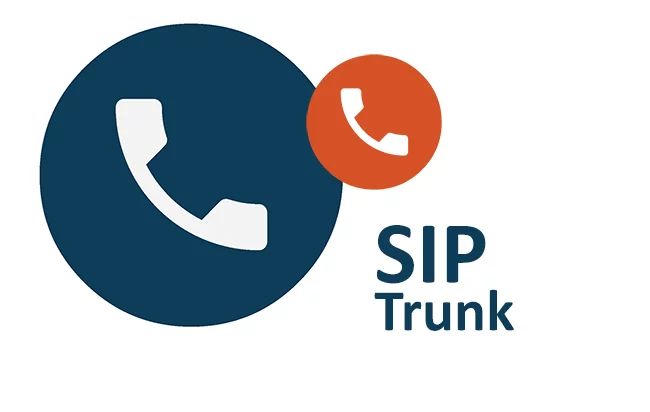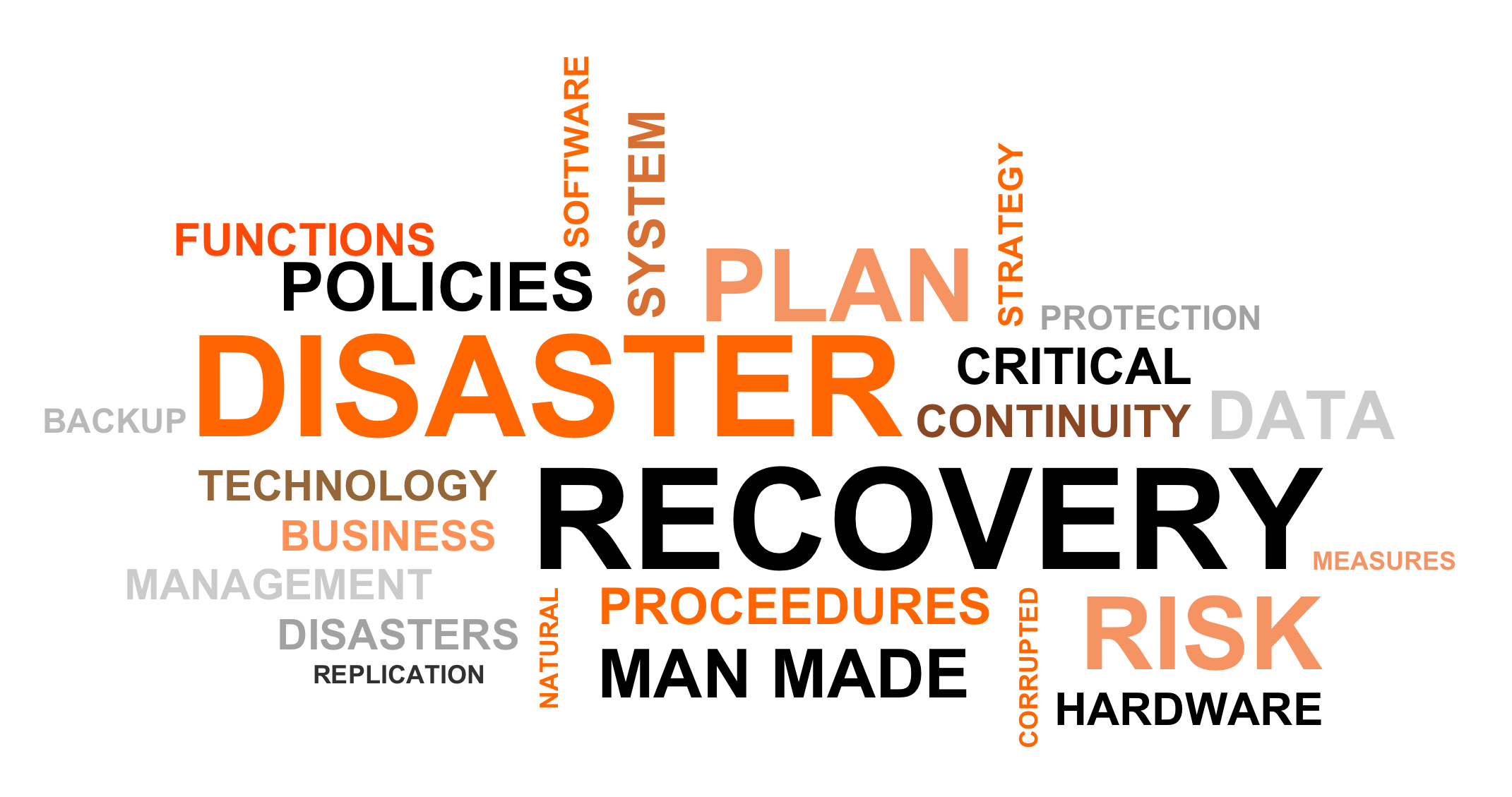Maximizing Case Outcomes with Litigation Tracking Software
In today’s fast-paced legal environment, law firms and legal departments are under constant pressure to manage cases effectively and deliver favorable outcomes for their clients. One of the most effective tools that can help achieve this is Litigation Tracking Software. This technology not only simplifies case management but also enhances decision-making processes, improves collaboration, and ultimately maximizes case outcomes. In this article, we will explore how litigation tracking software can transform legal practices and why it is essential for modern law firms.
Understanding Litigation Tracking Software
Litigation tracking software is designed to assist legal professionals in monitoring the progress of cases and managing the complexities involved in litigation. It provides a centralized platform where attorneys can access case details, track deadlines, manage documents, and communicate with team members. By automating administrative tasks, this software allows legal teams to focus on strategic aspects of their cases.
Key Features of Litigation Tracking Software
- Case Management: Effective case management is at the heart of litigation tracking software. Users can organize case files, track deadlines, and manage tasks efficiently. This feature helps in ensuring that no important detail is overlooked.
- Document Management: Legal cases often involve a myriad of documents, including pleadings, contracts, and evidence. Litigation tracking software enables easy storage, retrieval, and sharing of these documents, ensuring that all team members have access to the latest information.
- Time Tracking and Billing: Accurate billing is crucial for law firms. Litigation tracking software often includes time-tracking features that allow attorneys to log hours spent on various tasks. This helps in creating precise invoices and ensuring that clients are billed correctly.
- Collaboration Tools: Effective communication is vital in legal cases. Litigation tracking software typically includes features that facilitate collaboration among team members, such as shared calendars, messaging systems, and task assignments.
- Reporting and Analytics: Many litigation tracking systems come with built-in reporting tools that help analyze case performance. These insights can guide decision-making and strategy adjustments.
Benefits of Using Litigation Tracking Software
Increased Efficiency
One of the most significant benefits of litigation tracking software is the increased efficiency it offers. By automating routine tasks, attorneys can save valuable time. This efficiency allows them to allocate more time to critical case strategies, research, and client interaction.
Enhanced Organization
With litigation tracking software, all case-related information is centralized and easily accessible. This organization reduces the risk of losing important documents or missing deadlines. When attorneys have all their information at their fingertips, they can make informed decisions quickly.
Improved Communication
Effective communication among team members is essential for successful case management. Litigation tracking software provides tools for seamless communication, ensuring that everyone is on the same page. Whether it’s updates on case progress or changes in strategy, the software enhances overall team collaboration.
Better Client Relationships
Clients expect timely updates and transparency regarding their cases. Litigation tracking software allows attorneys to keep clients informed about their case status, upcoming deadlines, and any changes in strategy. This transparency builds trust and strengthens the attorney-client relationship.
Data-Driven Decision Making
The analytics features of litigation tracking software provide valuable insights into case performance. By analyzing historical data, attorneys can identify patterns, assess risks, and make strategic decisions that can lead to more favorable outcomes in future cases.
Implementing Litigation Tracking Software in Your Practice
Assessing Your Needs
Before implementing litigation tracking software, it’s essential to assess your firm’s specific needs. Consider the size of your team, the types of cases you handle, and your existing workflows. This assessment will help you choose the right software that aligns with your requirements.
Choosing the Right Software
There are numerous litigation tracking software options available, each with its own features and pricing structures. Research various software solutions, read reviews, and request demos to find the best fit for your firm. Look for software that is user-friendly and offers strong customer support.
Training Your Team
Once you’ve chosen a software solution, it’s crucial to provide adequate training for your team. This training should cover all key features of the software, ensuring that everyone can utilize it effectively. A well-trained team is more likely to adopt the software seamlessly, maximizing its benefits.
Continuous Evaluation and Improvement
After implementing litigation tracking software, continuously evaluate its effectiveness. Gather feedback from team members and assess how the software impacts case management and outcomes. Be open to making adjustments and improvements based on this feedback.
Success Stories: Real-World Applications
Case Study 1: A Mid-Sized Law Firm
A mid-sized law firm specializing in personal injury cases implemented litigation tracking software to streamline their operations. Before the software, attorneys struggled with managing deadlines and document retrieval, leading to missed opportunities and unhappy clients. After implementation, the firm reported a 30% increase in case resolution speed and improved client satisfaction scores.
Case Study 2: A Corporate Legal Department
A corporate legal department responsible for handling compliance issues adopted litigation tracking software to manage multiple cases simultaneously. With the software’s reporting features, the team was able to identify recurring compliance issues and address them proactively. This not only improved case outcomes but also reduced the risk of future legal challenges.
Challenges and Considerations
While litigation tracking software offers numerous benefits, there are challenges to consider. The initial cost of implementation can be a barrier for some firms, particularly smaller practices. Additionally, resistance to change from team members who are accustomed to traditional methods can hinder the adoption process.
To mitigate these challenges, it is crucial to communicate the benefits of the software clearly and involve team members in the decision-making process. Highlighting success stories and providing continual support can also ease the transition.
Conclusion
As the legal landscape continues to evolve, the importance of technology in maximizing case outcomes cannot be overstated. Litigation Tracking Software offers an array of features that enhance efficiency, improve organization, and foster better communication among legal teams. By implementing this software, law firms can not only streamline their operations but also deliver better results for their clients. In an industry where every detail matters, investing in litigation tracking software is a strategic move that can lead to long-term success.





